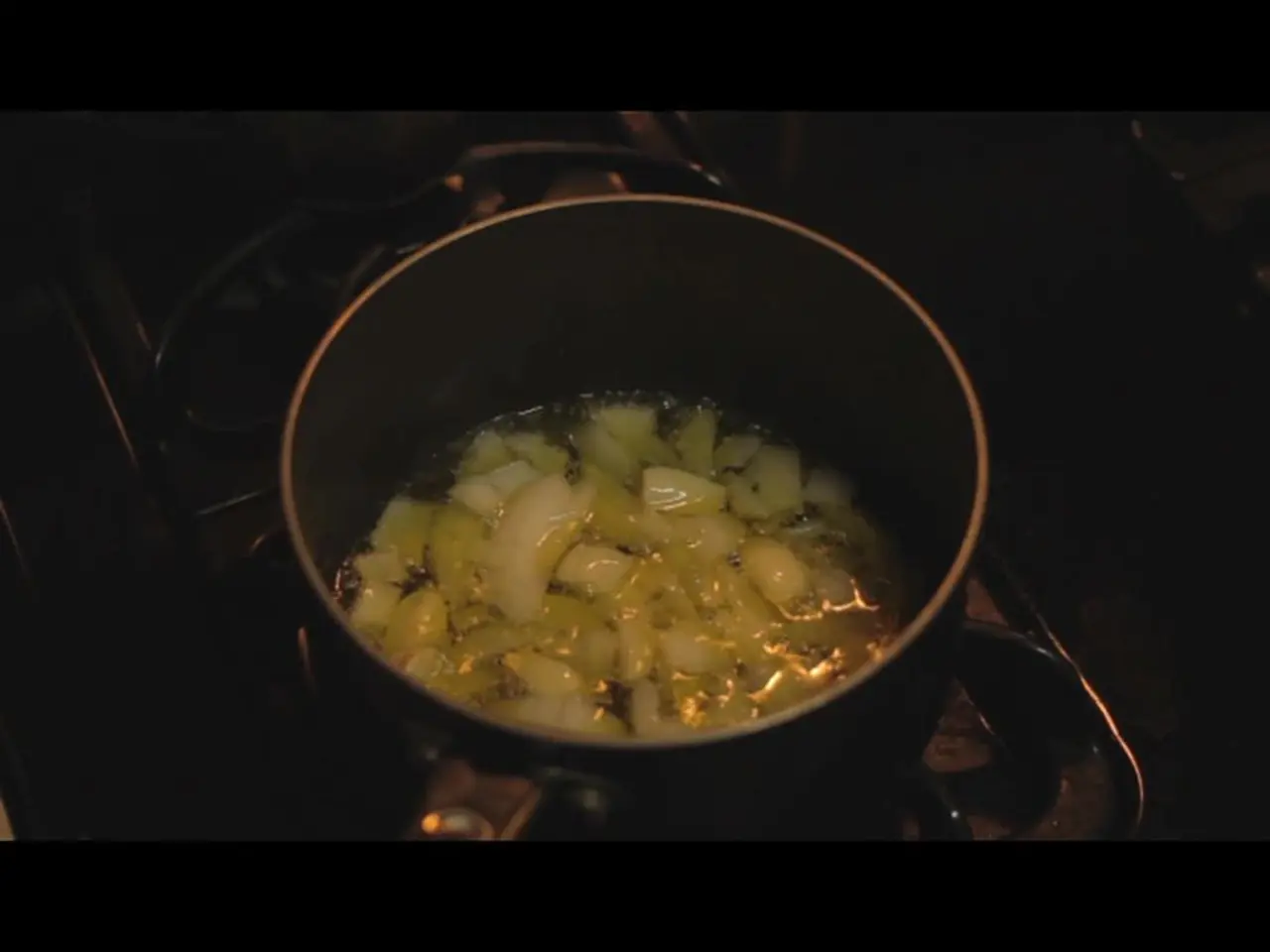Methods for Flavoring Your Titanium Cookware
Titanium backpacking cookware is a popular choice for outdoor enthusiasts due to its lightweight, durable, and relatively non-stick nature. However, titanium doesn't conduct heat as efficiently as aluminum, which can affect cooking for beginners. To improve its heat distribution and create a non-stick surface, seasoning is crucial.
The Seasoning Process
- Clean Thoroughly: Before seasoning, clean the cookware thoroughly to remove any factory oils or residues. Use warm water and a mild detergent, then dry it thoroughly.
- Gentle Heating: Heat the titanium cookware gently over low to medium heat on a camp stove or controlled fire.
- Apply Oil: Once warm (not smoking hot), apply a thin layer of high-smoke point oil such as flaxseed, grapeseed, or canola oil using a paper towel. Spread the oil evenly across all cooking surfaces.
- Polymerization: Allow the cookware to heat slowly so the oil polymerizes and bonds to the metal, creating a thin, hard, non-stick coating. This might take 10–15 minutes on the stove.
- Cooling and Repeating: Turn off heat and let the cookware cool naturally. Wipe any excess oil off after cooling. Repeat the oiling and heating process two or three times for a more durable seasoning layer.
The Benefits of Seasoning
This seasoning creates a surface that reduces sticking and slightly improves heat retention by filling microscopic pores or surface irregularities. Since titanium inherently heats unevenly, even a seasoned pan benefits from cooking on low heat and stirring frequently to avoid hot spots or burning food.
Unlike cast iron, titanium does not rust or require heavy seasoning for protection, but benefits from seasoning primarily for non-stick enhancement and easier cleaning. Seasoning is simpler and less essential than with iron, and titanium cookware is easy to clean, often requiring just rinsing. However, regular seasoning after heavy use or washing preserves the non-stick surface.
Avoid overheating titanium cookware empty as it can damage the seasoning and warp the metal.
Maintaining Your Seasoned Cookware
To maintain your seasoned cooking gear, clean it by placing it back into the fire for about ten minutes, rinsing with plain water, reapplying oil, and wiping until it feels dry to the touch. Regular maintenance by reseasoning keeps the cookware performing well on extended trips.
When hand washing, use a mild detergent and a soft sponge or cloth to avoid damaging the seasoning. Avoid using abrasive scrubbers or metal utensils, as they can also damage the seasoning.
By following these steps, you can ensure that your titanium backpacking cookware performs well and lasts for many adventures to come. Happy camping!
[1] Titanium Cookware: A Comprehensive Guide [2] Seasoning Titanium Cookware: Tips and Techniques [5] The Art of Seasoning: A Deep Dive into Cookware Seasoning
- To improve the heat distribution and create a non-stick surface in your titanium cookware, it's essential to clean it thoroughly, apply oil, heat it gently, and allow the oil to polymerize.
- Seasoning your titanium cookware not only creates a surface that reduces sticking but also improves its heat retention to some extent.
- Unlike cast iron, titanium doesn't rust and doesn't require heavy seasoning for protection, but it benefits from seasoning primarily for non-stick enhancement and easier cleaning.
- To maintain the non-stick surface and performance of your seasoned cookware, clean it regularly by placing it back into the fire, rinsing with plain water, reapplying oil, and wiping until it feels dry to the touch.



